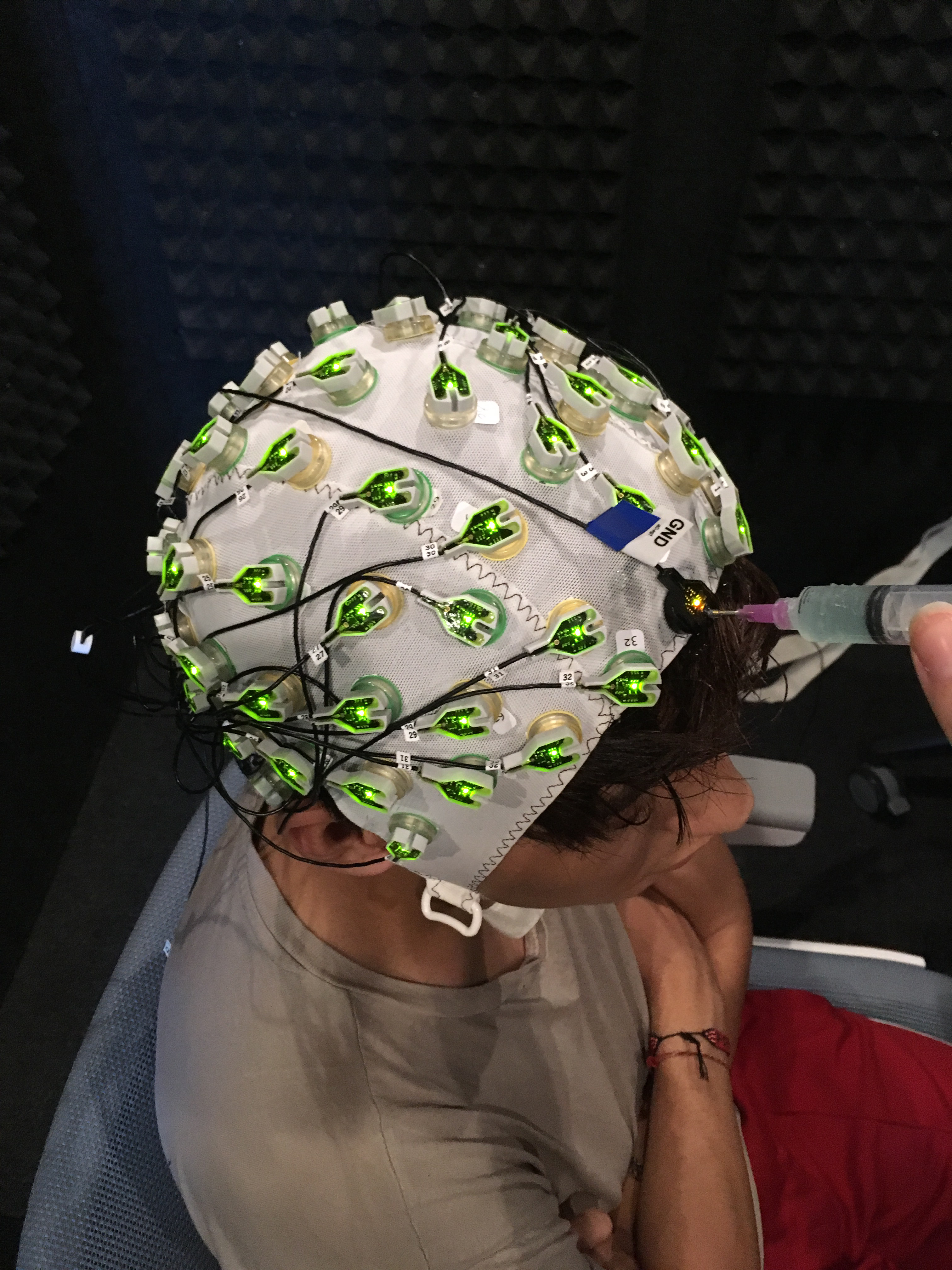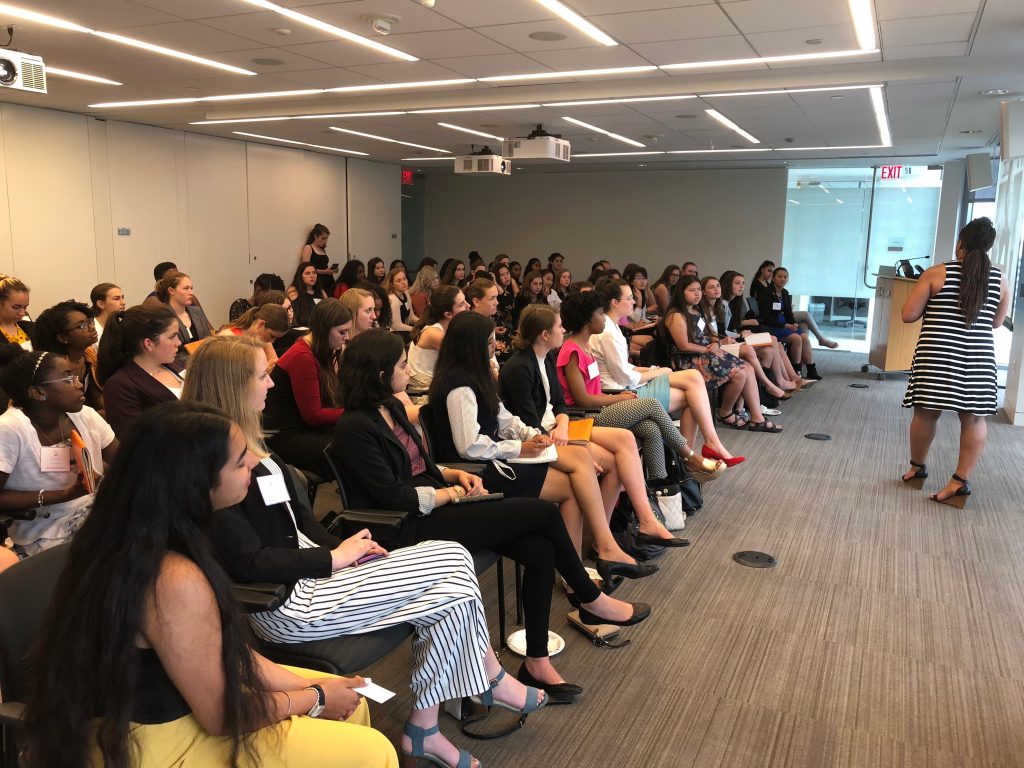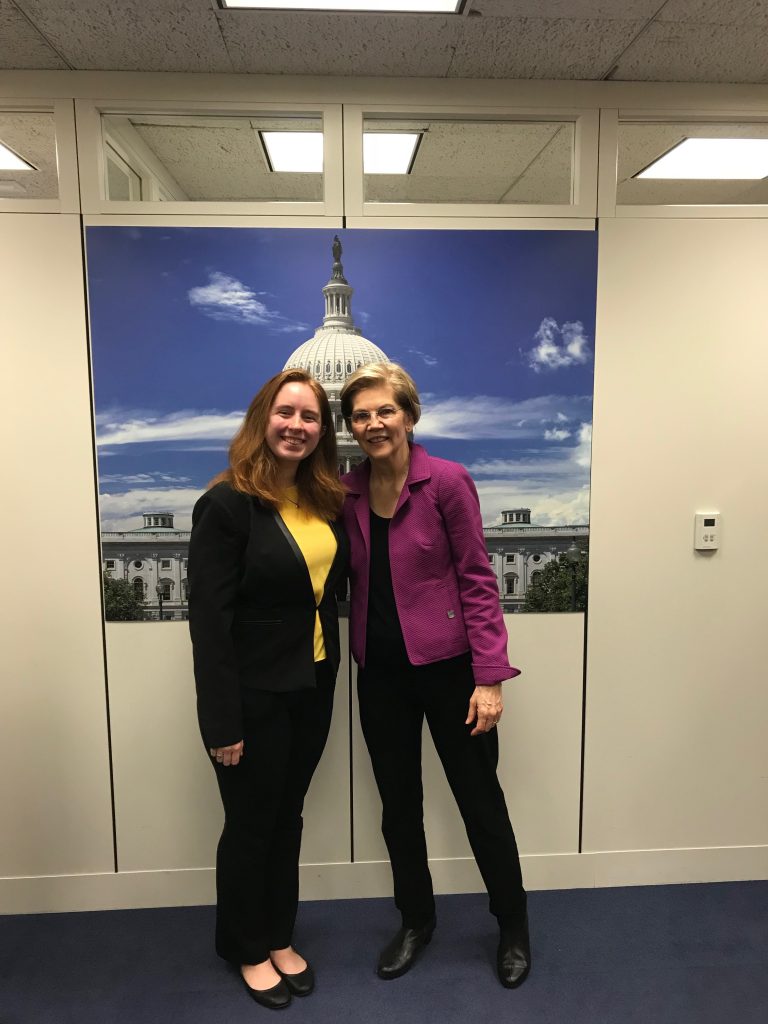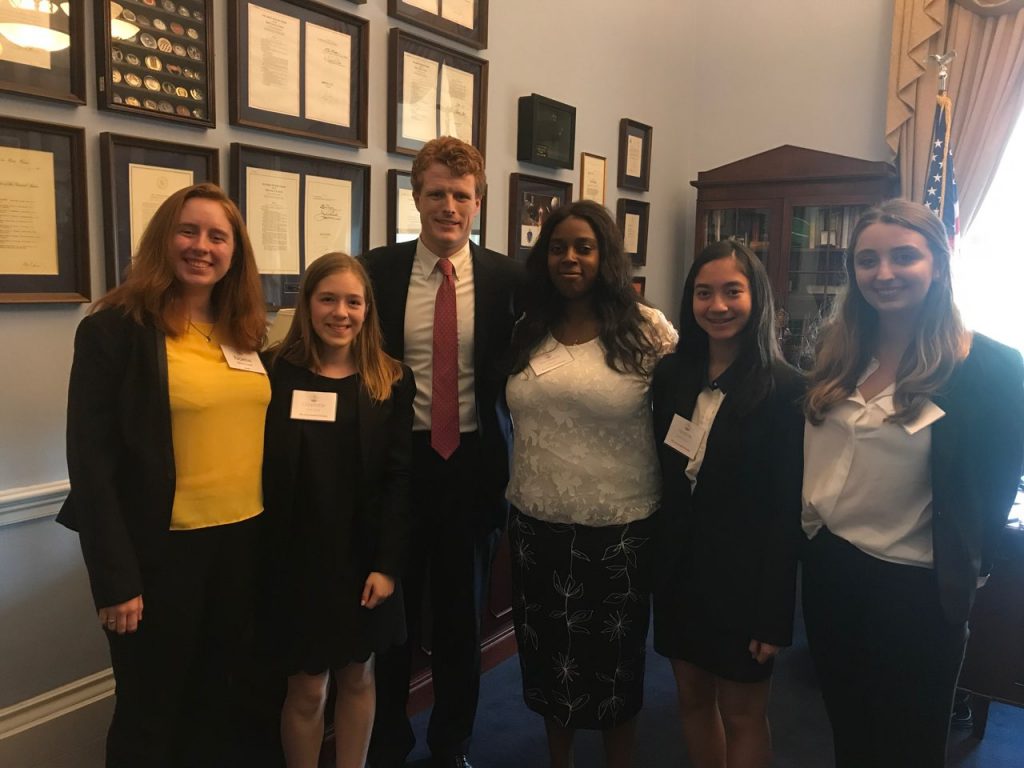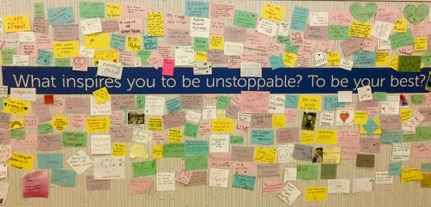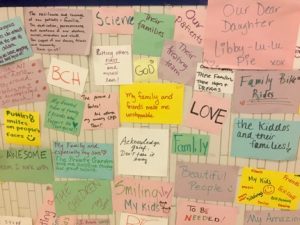Name: Claire Eckstein Indik
Class Year: 2020
Major: Psychology
Minor: Neuroscience
Hometown: Ardmore, Pa.
Internship Placement: University of Pennsylvania
Job Title: Research Assistant
Location: Philadelphia
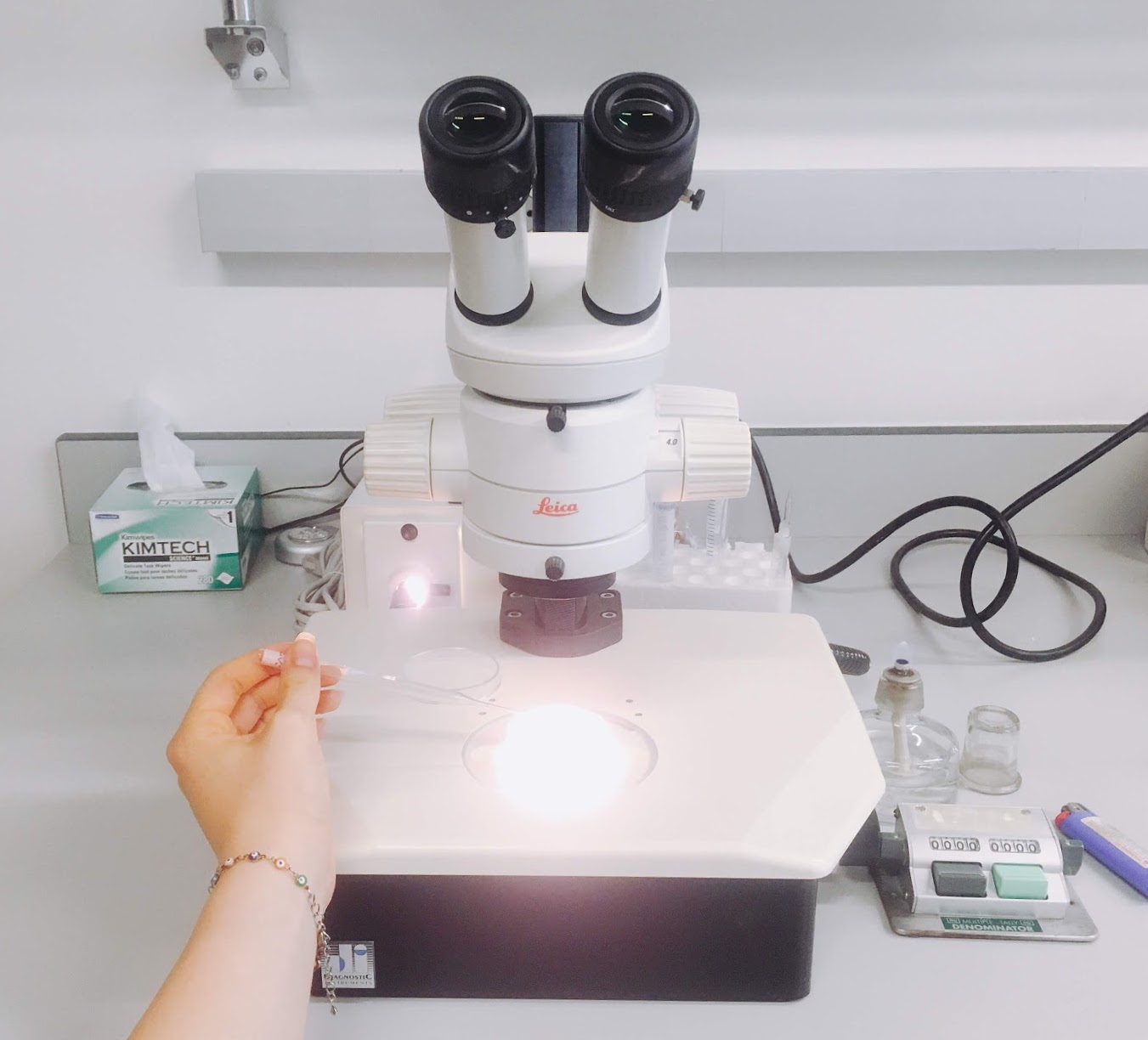
What’s happening at your internship?
This summer I am interning at the Perelman School of Medicine in the neurology department. I am currently working on two projects under Dr. David Raizen, who studies the regulation and function of sleep in the model organism C. elegans.
C. elegans or Caenorhabditis elegans, a transparent nematode, is a powerful model organism for unraveling the mystery of sleep. In fact, working with a simple nematode with a mere 302 neurons is ideal for early stage research of sleep mechanisms and function.
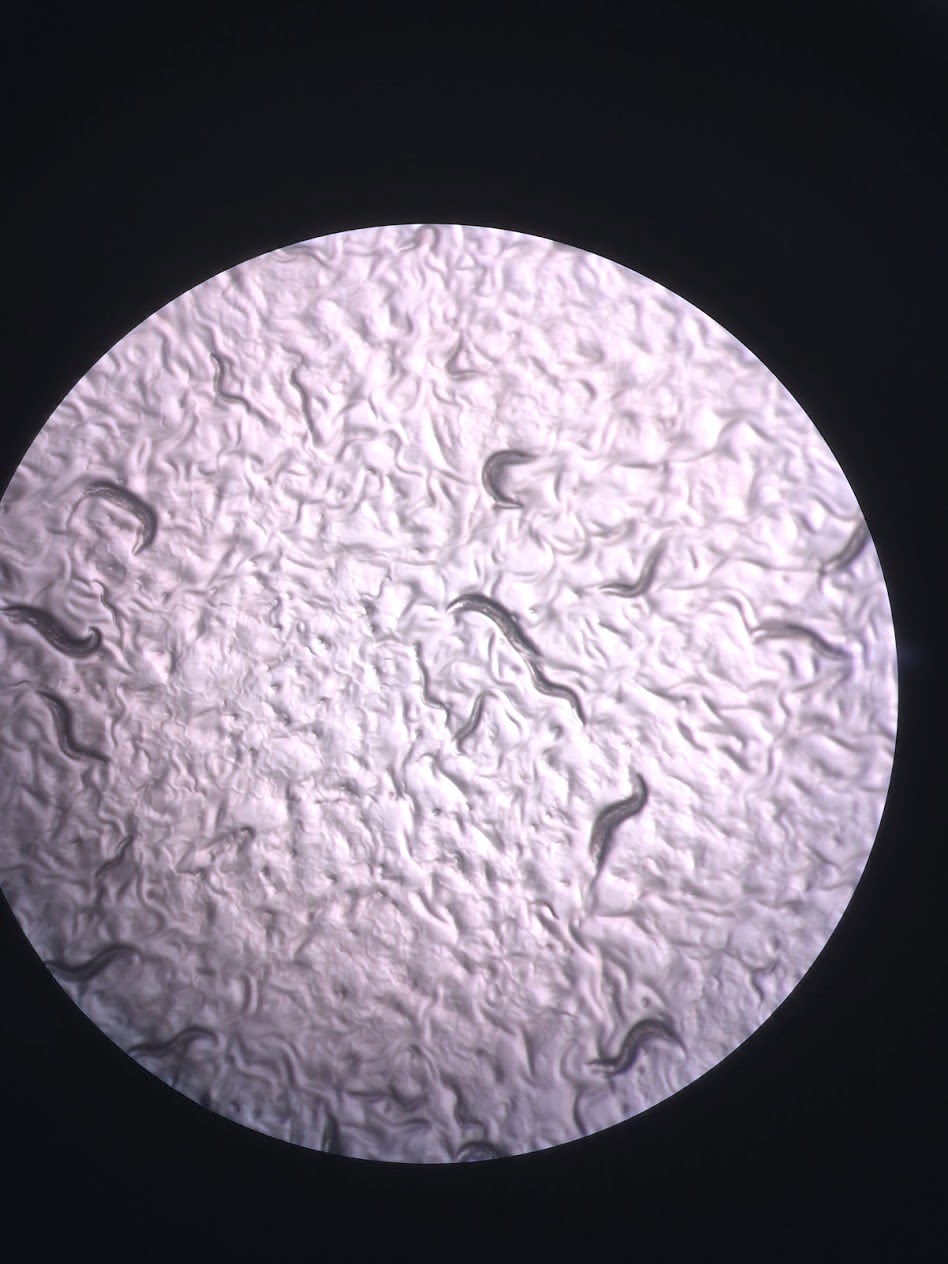
For the first project, I am studying an antimicrobial peptide encoded by the nlp-29 gene that has been found to induce behavioral quiescence when overexpressed. Recently, NPR-12 has been identified as a receptor for NLP-29 peptides. Together they have been shown to play a role in a dendrite degeneration phenotype. I will be investigating whether this receptor is also relevant to the behavioral quiescence phenotype. In order to do this, I will cross a heat shock inducible nlp-29 into the npr-12 mutant. If NPR-12 is the mechanism by which NLP-29 causes quiescence, then I predict that in an npr-12 mutant, the effect of over-expressing nlp-29 will be abolished. Additionally, it is possible that npr-12 mutants have a sleep phenotype. Therefore, I will also be comparing sickness-induced sleep of npr-12 mutants to that of wild-type animals. For the second project, I am monitoring behavior in a C. elegans model of Autism Spectrum Disorder. Particularly, I am interested in the animals’ feeding behavior and movement after exposure to cellular stress.
Why did you apply for this internship?
Ever since I was young, I was curious about sleep. I dreaded closing my eyes in bed at the end of each day and never understood its purpose. Upon entering college, my interests in neuroscience grew and I became motivated to pursue sleep research. I was amazed to learn that animals spend one third of their lives sleeping, but the molecular basis underlying sleep/wake regulation remains a mystery. This led me to work in Dr. Raizen’s laboratory last summer. I was able to learn wet lab skills, such as how to identify C. elegans at different larval stages, conduct behavioral assays, and fill WorMotels. I used these skills to assist graduate students with their research projects. This summer, I was granted the opportunity to take on my own research projects. Applying to this internship provides me with the privilege to continue learning about conducting research. Specifically, taking on my own project will provide valuable insight into whether I want to pursue research as a career option after college. But most of all, this research opportunity satisfies my childhood curiosity about sleep, its function, and its regulation.
Can you talk about the skills you are learning and why they are important to you?
This year in the lab I am continuing to learn wet lab skills and become more proficient working with C.elegans. I also received training on data processing and learned how to navigate MATLAB. Additionally, I am learning how to work in a laboratory environment alongside graduate students and postdoctoral researchers. These skills are vital to the completion of research projects and to my growth as a researcher.
What has been the biggest challenge you have faced at your internship?
The biggest challenge I have faced at my internship is not having a background in biology research. Oftentimes I do not understand jargon, concepts, and methodologies essential to my research. I have had to embrace my insecurities and reach out to the other members of the lab for help. Having overcome my hesitance to admit my lack of knowledge, I am learning more and more every day.


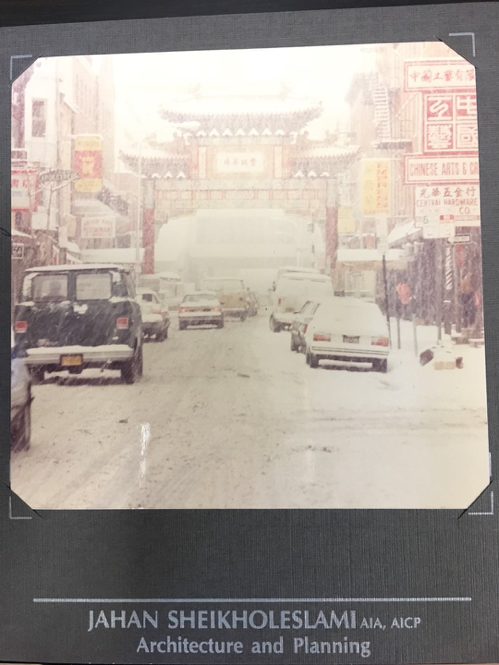
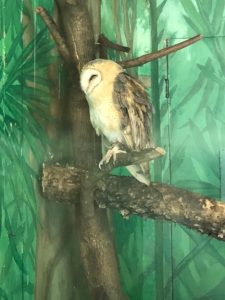
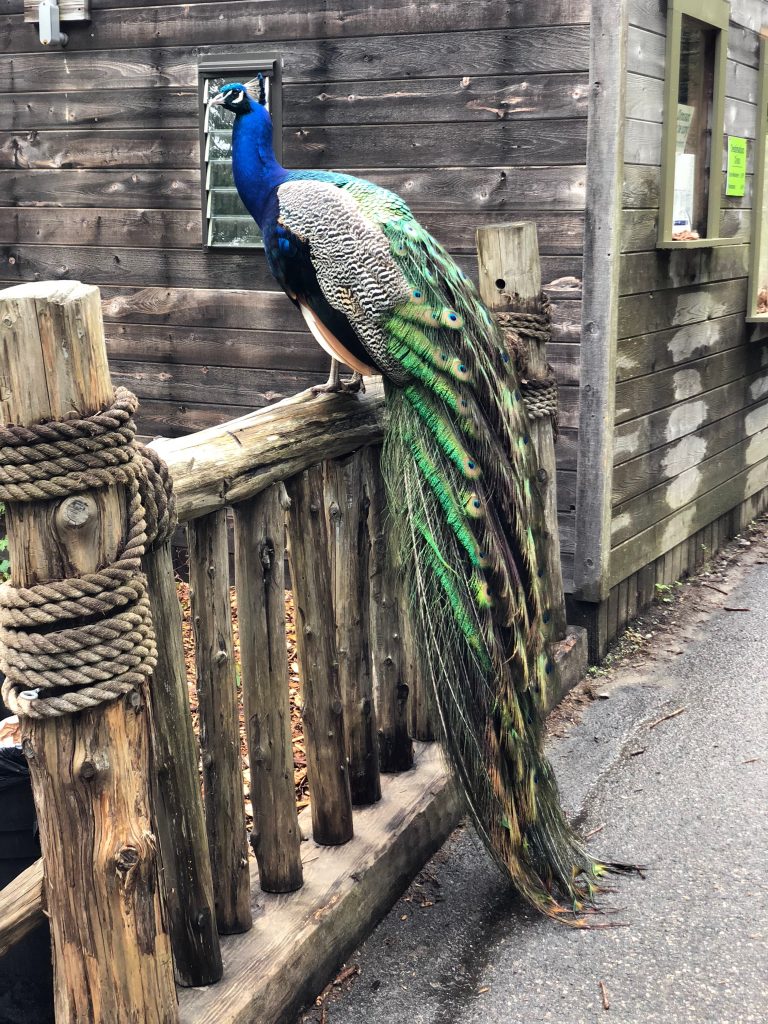
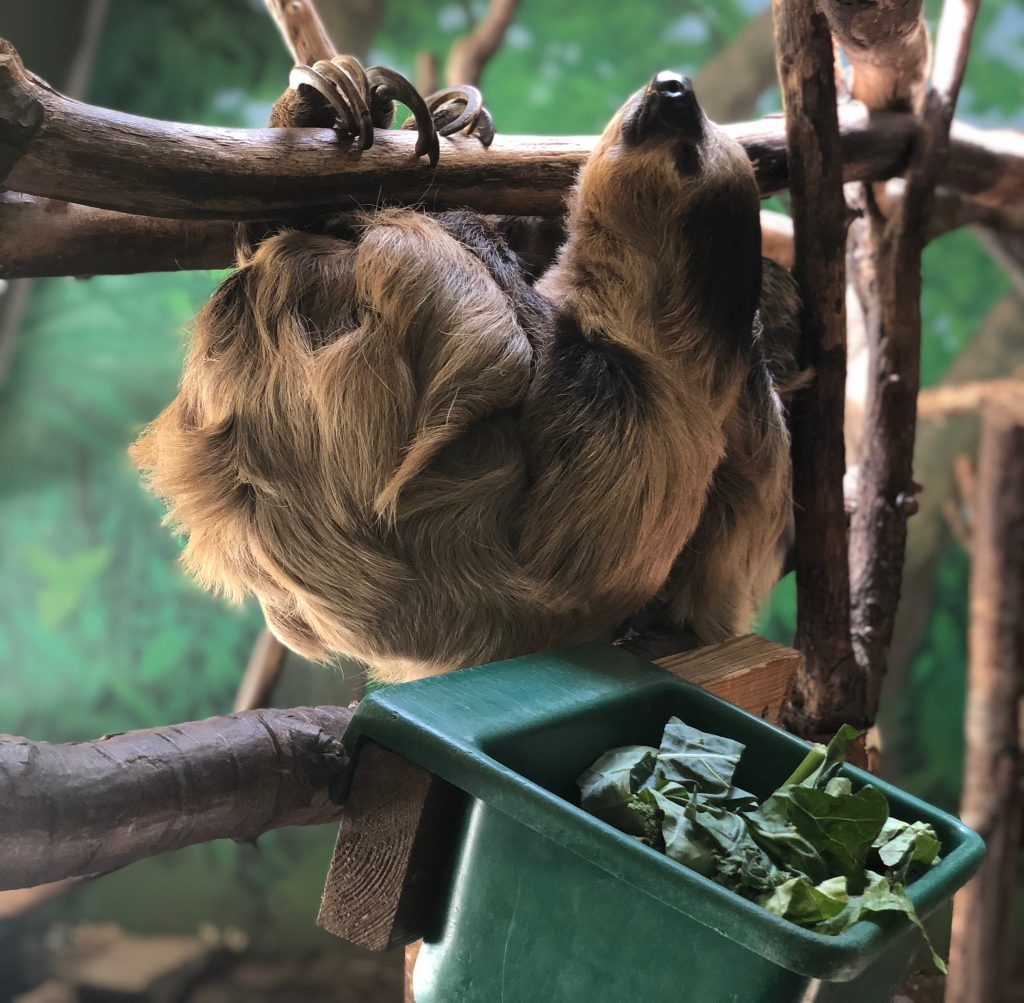
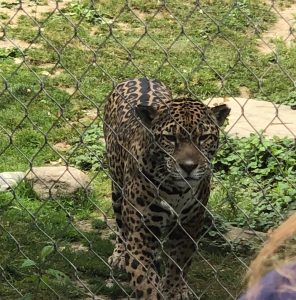
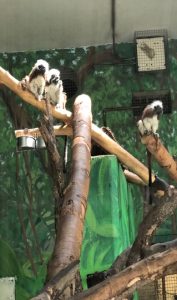


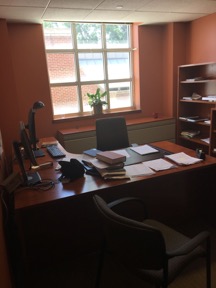
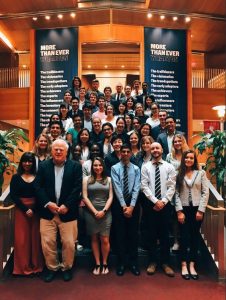
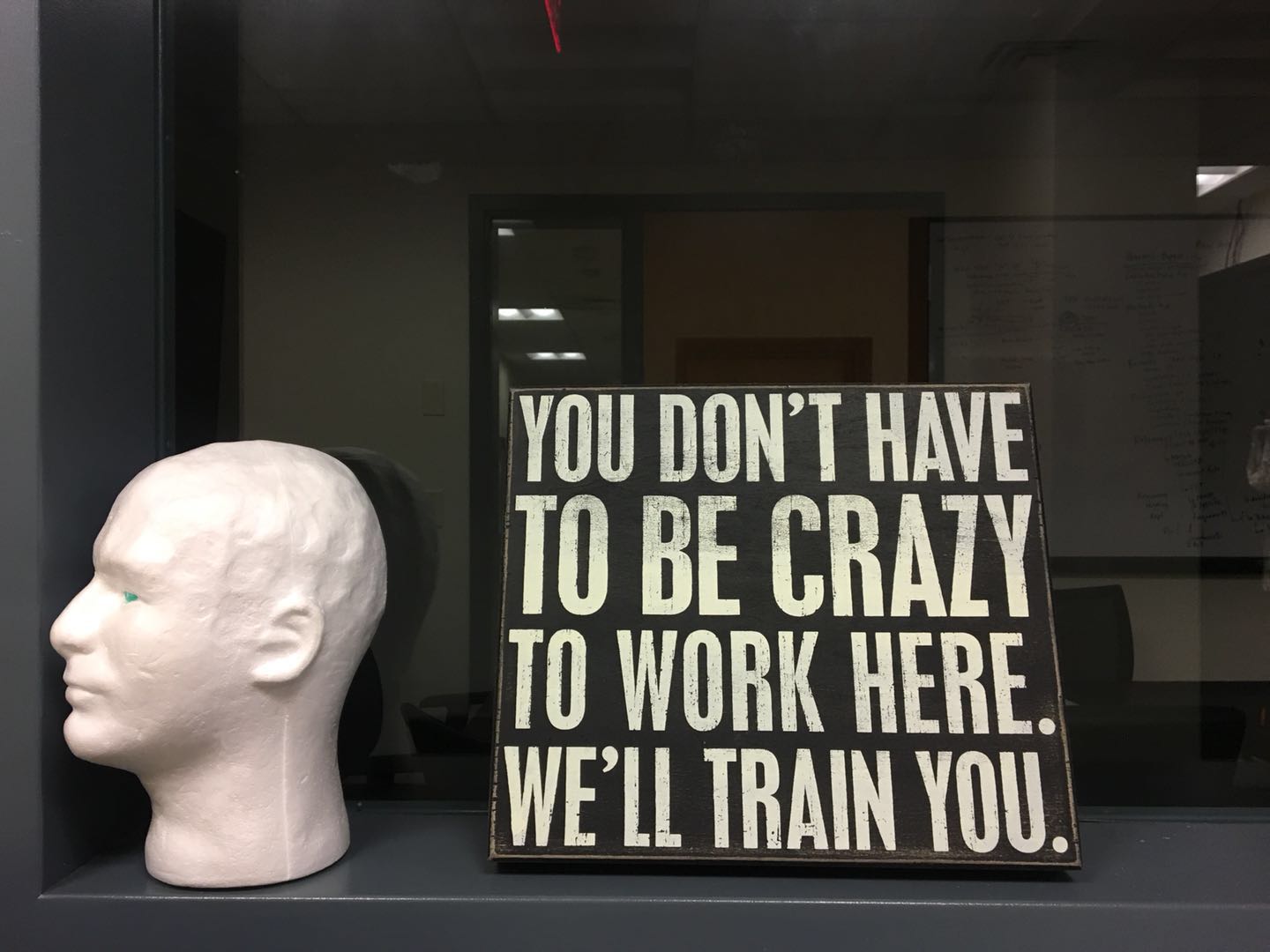 As a
As a 